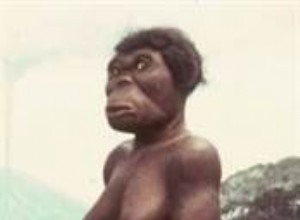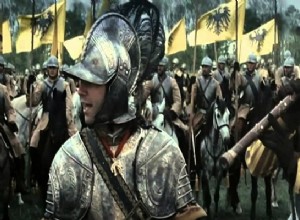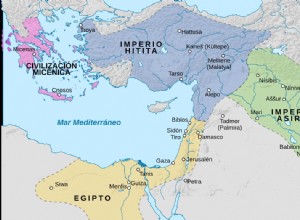The life of children in the Middle Ages cannot be described in general terms, as it was determined by many different factors. This includes origin, social position of the family, place of residence and gender. In general, the children of rich bourgeois families and aristocrats had a better life than




